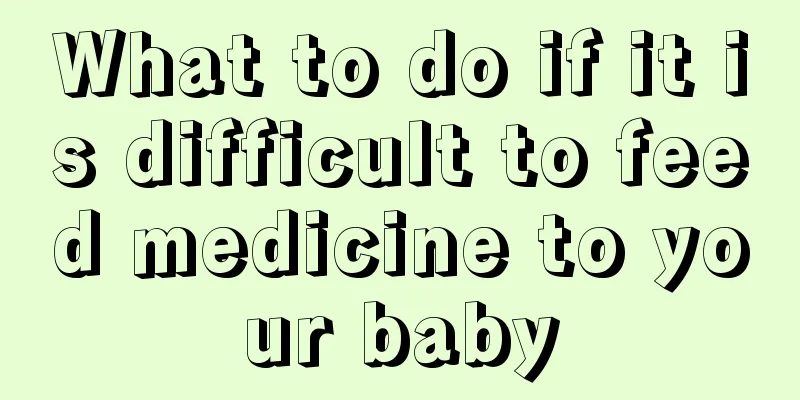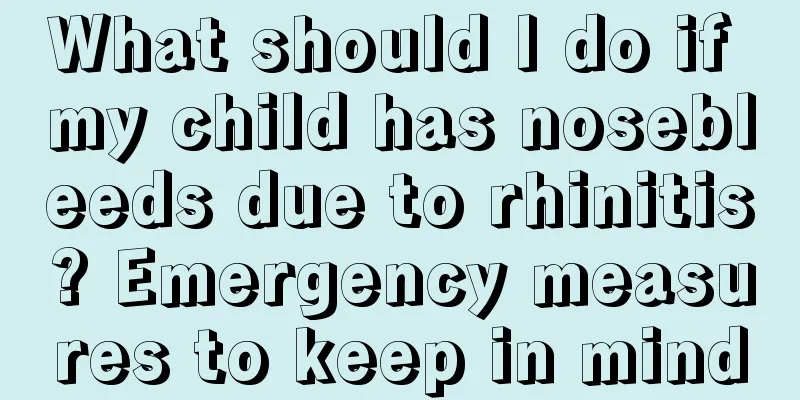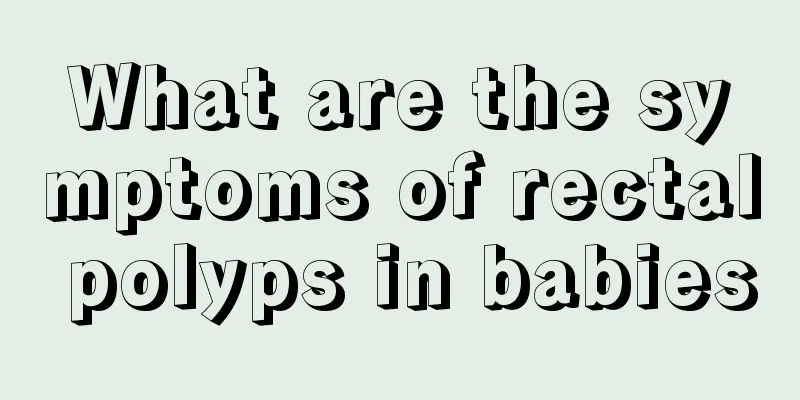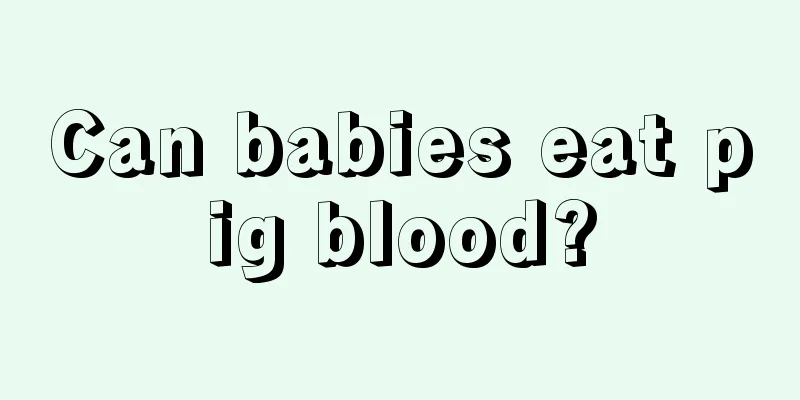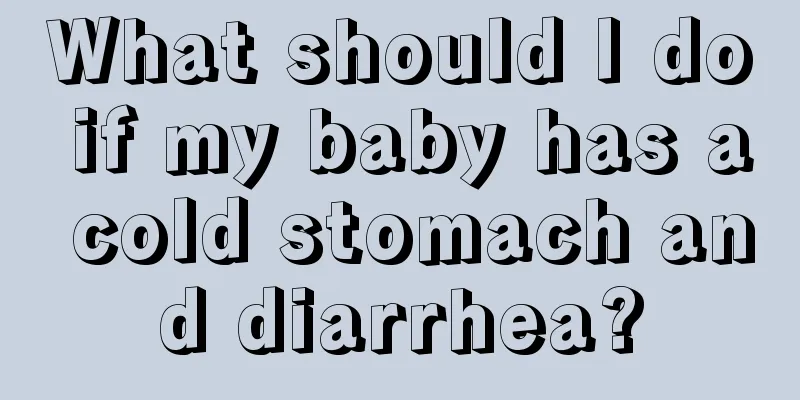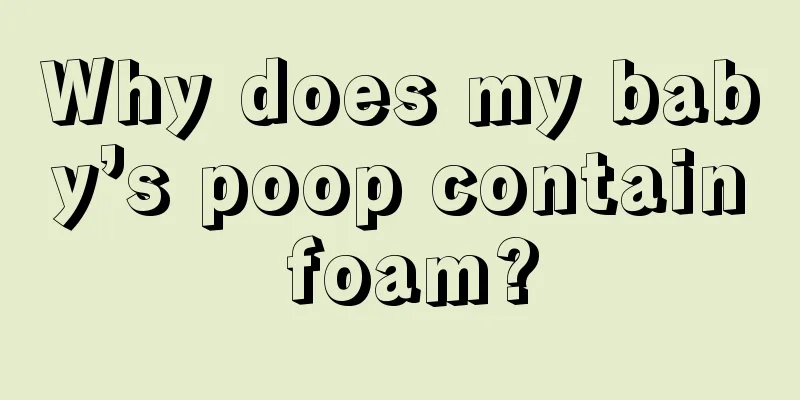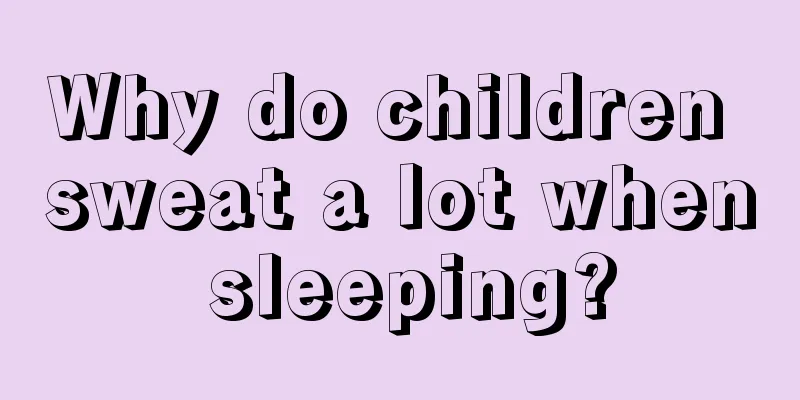Symptoms of mycoplasma infection in children
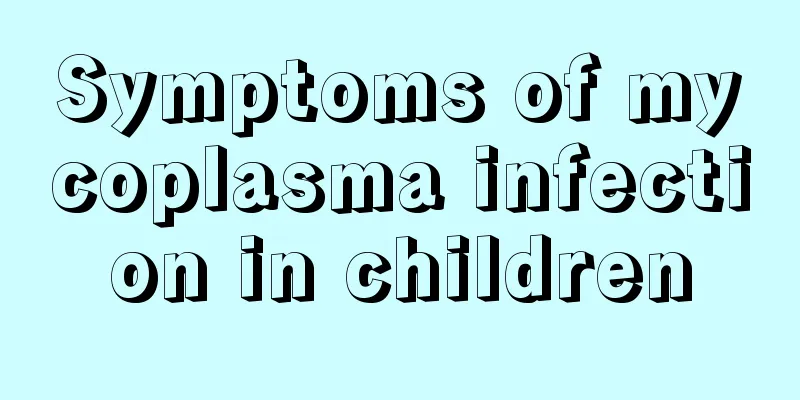
|
Diseases are very common and there are many types of diseases. When it comes to treating diseases, the choice of methods is very important, so that it can be of great help in stabilizing the patient's disease. So what are the symptoms of mycoplasma infection in children? Many people are not very clear about this. After having this type of disease, treatment cannot be carried out arbitrarily, which will not help improve the patient's disease. So what are the specific symptoms of mycoplasma infection in children? The following is a detailed introduction so that everyone can have a good understanding of this issue and know how to choose the best method during treatment. Symptoms of mycoplasma infection in children: The incubation period of Mycoplasma pneumoniae infection in children is relatively long, up to 2-3 weeks. Most of the symptoms are pharyngitis, rhinitis, tracheitis and bronchiolitis, with fever, headache, chills, cough, general malaise, obvious fatigue and loss of appetite. The cough is dry at the beginning and then turns into a stubborn and severe cough without sputum or accompanied by a small amount of sticky sputum, especially at night. Infants and young children show wheezing and difficulty breathing. In severe cases, mycoplasma pneumonia may occur. Children who develop mycoplasma pneumonia account for 3% to 10% of all those infected with Mycoplasma pneumonia. Mycoplasma pneumoniae infection may also cause lesions in organs other than the respiratory tract, such as myocarditis, hepatitis, arthritis, nephritis, meningitis, hemolytic anemia, thrombocytopenic purpura, etc. Mycoplasma pneumoniae can also cause lesions in other systems and organs, such as measles-like rash, myalgia, migratory joint pain, liver function damage, hemolytic anemia, meningoencephalitis, myocarditis, pericarditis, nephritis, etc. Through the above introduction, we have some understanding of the symptoms of mycoplasma infection in children. However, it should be noted that after these situations occur, the child’s diet needs to be reasonably arranged. Children should not be allowed to eat some foods at will, otherwise it will cause serious damage to all aspects of their body. Attention should be paid to this point. |
Recommend
Antipyretic medicine for infants and young children
I believe that many parents are very troubled whe...
What to do if your child is highly dependent
Children are definitely very dependent on adults....
What are the symptoms of acute rhinitis in babies?
Acute rhinitis is a nasal disease and is also a c...
What are the dangers of leg pinch syndrome?
The Chinese people are still relatively conservat...
What should I pay attention to when my 2-year-old child has allergic rhinitis?
If a child around two years old has allergic rhin...
Three-year-old child walks unsteadily
We often see parents bringing their babies to see...
Causes of congenital heart disease in children
Many children are born with congenital heart dise...
What to do if your baby always gets angry
After the baby is born, as the baby grows older, ...
What to do if you have a baby with Down syndrome
No one wants to have a baby with Down syndrome. W...
What to do if your baby has diarrhea due to heat
Diarrhea is one of the most common symptoms in ba...
What are some good dietary treatments for diarrhea in children?
Diarrhea in children is a headache for many paren...
3-year-old baby nosebleed
Not only adults, but many children also experienc...
Do you know how to solve the problem of missing teeth in children?
Dental health is very important to everyone. If a...
Treatment for excessive tearing and mucus in babies
Babies' tears and eye mucus look very scary. ...
Can children eat passion fruit?
The nutritional value of passion fruit is relativ...
